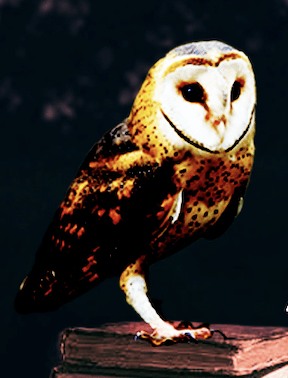Tag Classics
by guest contributor Jane Raisch The difficulties of printing Greek are something of a refrain amongst its earliest printers. “Anyone who criticizes me is quite unjust and ungrateful,” the acclaimed printer of the classics, Aldus Manutius, complained in the preface… Continue Reading →
By guest contributor Luke A. Fidler The postwar art museum has increasingly served as a site of artistic intervention, whether through sanctioned forms of institutional critique (Fred Wilson’s pointed rearrangements of the collections at the Maryland Historical Society and the… Continue Reading →
by contributing editor Jake Purcell One of the joys of being in New York is the relative plethora of late-antique objects scattered throughout the city. The Met does not exactly have a late antique room, but, in a corridor gallery… Continue Reading →
by guest contributor Anna Gialdini In the Preface to the Magnum ac perutile Dictionarium (1523), Janus Laskaris put words into the mouth of his pupil Guarino Favorino about Favorino’s ethnic identity. Favorino argued that while his parents were Italian, he… Continue Reading →
by guest contributor Richard Calis In an earlier post I reported on the philological endeavors of Pieter Fontein and his strong interest in the marginalia of Isaac Casaubon. As I would like to underline here, this was much more than… Continue Reading →
By Madeline McMahon In 1644, James Ussher, archbishop of Armagh, published the letters of two early Christian martyrs: Polycarp and Ignatius (Polycarpi et Ignatii Epistolae (Oxford: Lichfield, 1644)). Both were bishops in the eastern Roman Empire and both met their… Continue Reading →
by John Raimo “Those who don’t know, do theory.” As per Nikolaus Wegmann, this slogan of modern philology touches upon something odd this “ancient form of knowledge” and its persistence into the present day. Philology fitfully attempts to absorb theory… Continue Reading →
by John Raimo What is philology? The question may be almost perfectly academic, yet more people have begun to ask it. Scholars such as James Turner and Rens Bod argue that philology as a loosely-associated body of practices proved the… Continue Reading →




